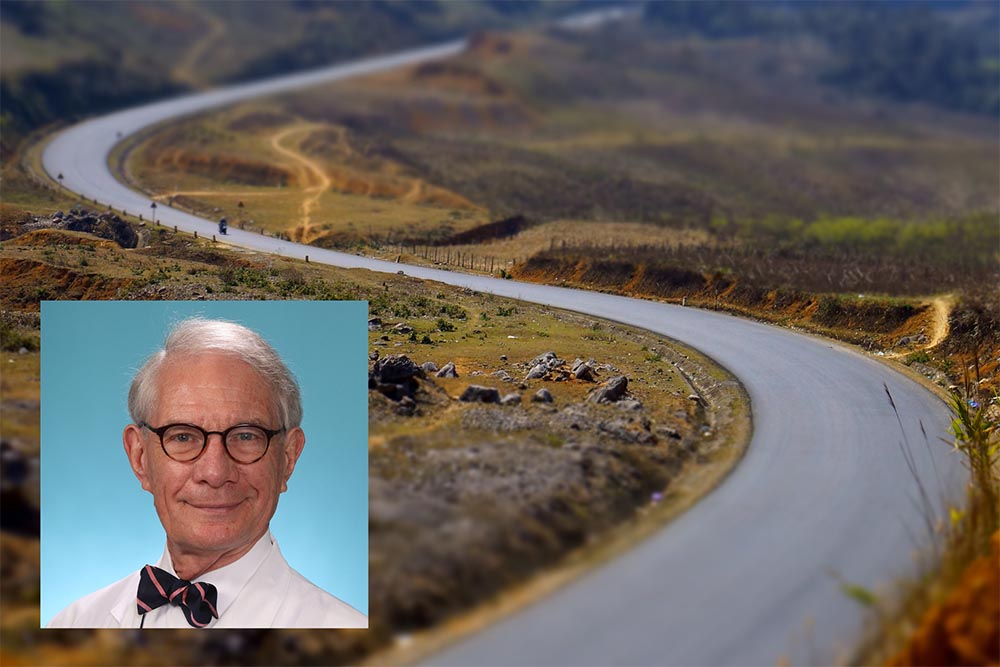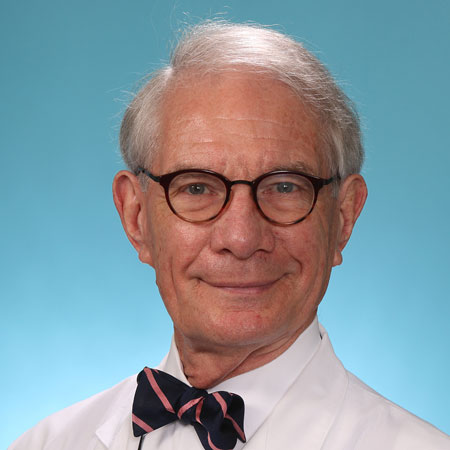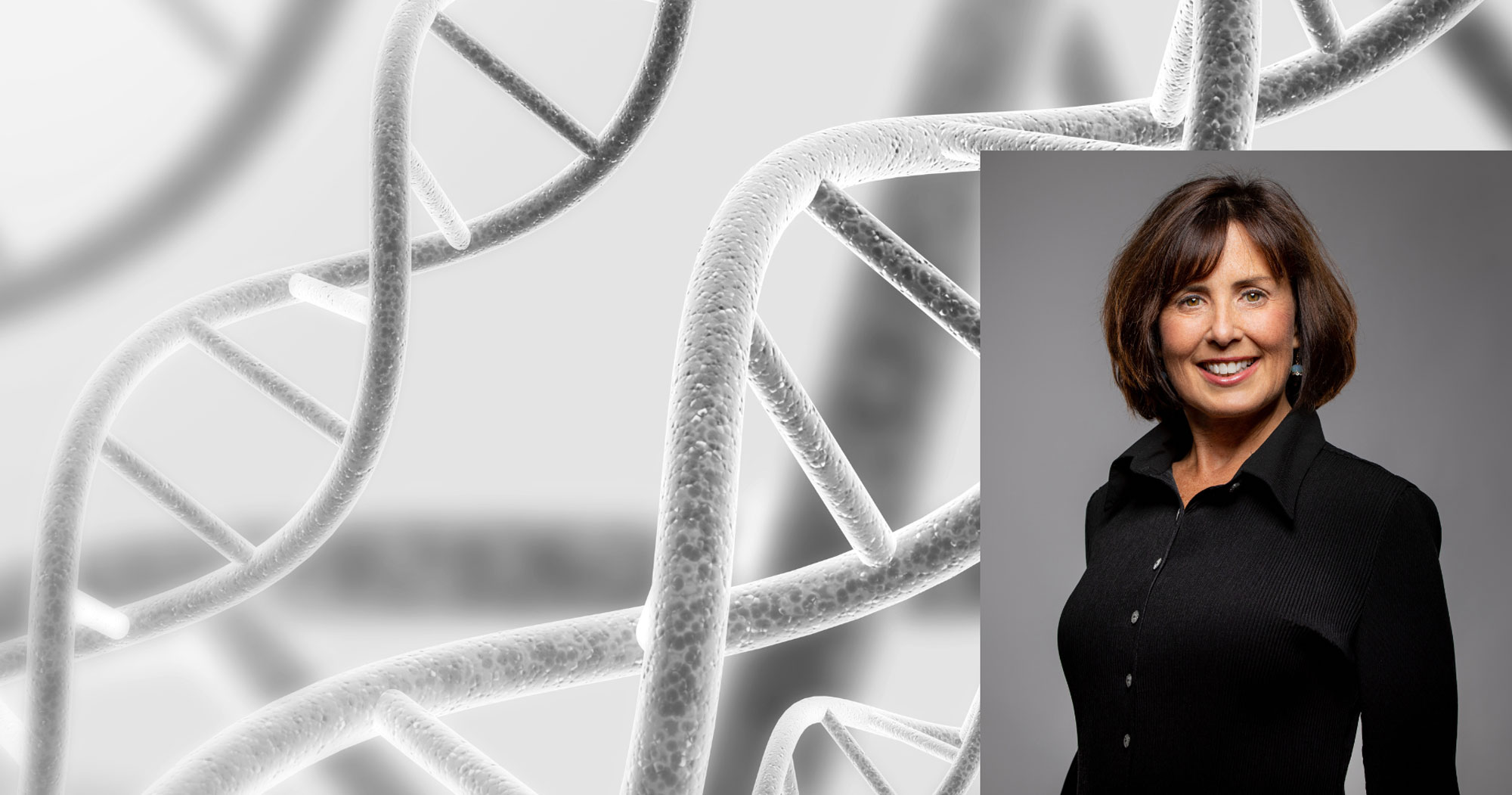Achieving a diagnosis is not easy for the nano-rare. n-Lorem is pioneering the effort to link diagnosis and therapy
Stan talks with Dr. Francis Sessions Cole, III, about his career as neonatal pulmonologist and his involvement in the Undiagnosed Diseases Network, the UDN. Dr. Cole estimates that it can take up to 12 years to get a diagnosis for a patient with a rare genetic condition and that there could be as many as 30-million patients in the U.S. who are undiagnosed. The UDN is working to elevate the awareness of the diagnostic odyssey these patients undertake and diagnose up to one third of patients who are referred to them. Dr. Cole is part of n-Lorem’s Access to Treat Committee (ATTC). This committee reviews applications from physicians or organizations, like the UDN, to treat diagnosed, genetically confirmed nano-rare disease patients. Dr. Cole discusses the robust processes involved in the evaluation of each application to n-Lorem and the hope and value that n-Lorem is providing to nano-rare patients today.
On This Episode We Discuss:
- What is a neonatologist?
- Lung problems in newborns and genetic causes
- Managing emotions due to the heartbreaks of his profession
- The Undiagnosed Disease Network (UDN)
- The difficulty of diagnosing patients with rare diseases
- Takeaways from serving on the ATTC
Watch on YouTube:
Dr. Francis Sessions Cole, III, is a neonatologist, meaning he works with the smallest and most helpless patients – newborn infants, many of whom are born premature. While there are many conditions treated in the neonatal care unit, genetic lung diseases are common. Many of these cases are fatal and there is an obvious shortage of infant lungs that can be used for transplants. This leads to Dr. Cole having an extremely difficult role and often a heartbreaking reality. Dr. Cole handles his emotions by drawing inspiration from the resilience and strength of the babies’ families.
Diagnosing a rare or less common disease is a great challenge for patients who have a rare genetic disorders. Helping to address this diagnosis challenge is The Undiagnosed Disease Network (UDN), which consists of twelve clinical sites that evaluate patients who have been on an extensive diagnostic odysseys. The odyssey that these patients undergo to seek a diagnosis often encompasses many years and requires numerous specialists and centers. Without a diagnosis patients are often overlooked in the healthcare system. Therefore, establishing a diagnosis is a critical first step in beginning patient care. The UDN brings together clinical and research experts from across the United States to solve the most challenging medical mysteries using advanced technologies. To date, the UDN has provided a diagnosis for about one third of their 5000 patients, a small percentage of the estimated 30 million patients in the US who have a disease that is undiagnosed. Clearly there is still a significant amount of work that needs to be complete to address a larger number of undiagnosed patients. Providing undiagnosed patients with access to whole genome sequencing and genetic counselors are good first steps to addressing this need.
Dr. Cole is passionate about addressing this need and helping patients get a diagnosis. He spearheaded Washington University in St. Louis’ (WUSTL) efforts to become a UDN site. This included uniting the many resources, people, and diagnostics capabilities available at WUSTL under a single program.
One of the most common questions families ask when they obtain a diagnosis is, “Now what do we do?”. That’s where n-Lorem can help. n-Lorem discovers and develops personalized experimental ASO medicines for nano-rare patients. Patients who believe they might be a candidate for n-Lorem should discuss with their genetic counselor or physician if ASO technology could help. If so, the physician will need to complete a formal application to treatment with n-Lorem. Because n-Lorem works closely with the treating physician and their institution and there is a large amount of information required to adequately review an application, n-Lorem requests that the physician submit the application and not the patient. Once submitted, each application is review by the Access to Treatment Committe (ATTC), which is made up of pharmaceutical executives, physicians, academic professors, patient advocates, and a bioethicist. This committee reviews applications from physicians or organizations, like the UDN, to treat diagnosed, genetically confirmed nano-rare disease patients.
Francis Sessions Cole, III, M.D., is a neonatologist, the Park J. White M.D. Professor of Pediatrics, and Professor of Cell Biology and Physiology at Washington University in Saint Louis (WUSTL). During his tenure, Dr. Cole has served as Executive Vice Chair of the Department of Pediatrics, Assistant Vice Chancellor for Children’s Health, and Chief of the Division of Newborn Medicine at WUSL School of Medicine and Chief Medical Officer at St. Louis Children’s Hospital. Dr. Cole has also served as the Principal Investigator for the Undiagnosed Diseases Network Clinical Site at Washington University School of Medicine. He received his B.A. from Amherst College and M.D. from the Yale University School of Medicine. In 2020, Dr. Cole was awarded the Peter H. Raven Lifetime Achievement Award from The Academy of Science of St. Louis for his over 35-year career in service of science.
To learn more about the Undiagnosed Diseases Network, visit undiagnosed.hms.harvard.edu.
Credits
Hosted by: Dr. Stan Crooke.
Videographer: Jon Magnuson of Mighty One Productions.
Producers: Kim Butler, Colin Delaney, Kira Dineen, Jon Magnuson, Andrew Serrano and Amy Williford.
More from n-Lorem:
See what else we are up to on Twitter, Instagram, Facebook, Linked In, YouTube and our website, nlorem.org. If you enjoy this episode, please rate and review us, as it helps others find our podcast. Questions/inquiries can be sent to [email protected].
Download Transcript:
To follow along with this interview, download the transcript below.
Listen to our next interview:

We cannot do
this alone
Together we are changing the world—
one patient at a time
We hope that you join us on this journey to discover, develop and provide individualized antisense medicines for free for life for nano-rare patients. The ultimate personalized medicine approach – for free, for life.
Follow us on social for updates on our latest efforts




